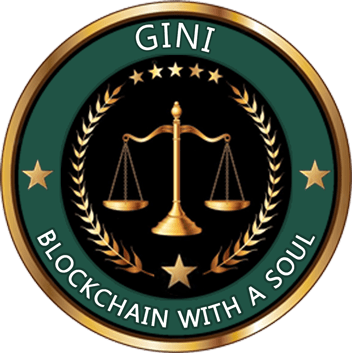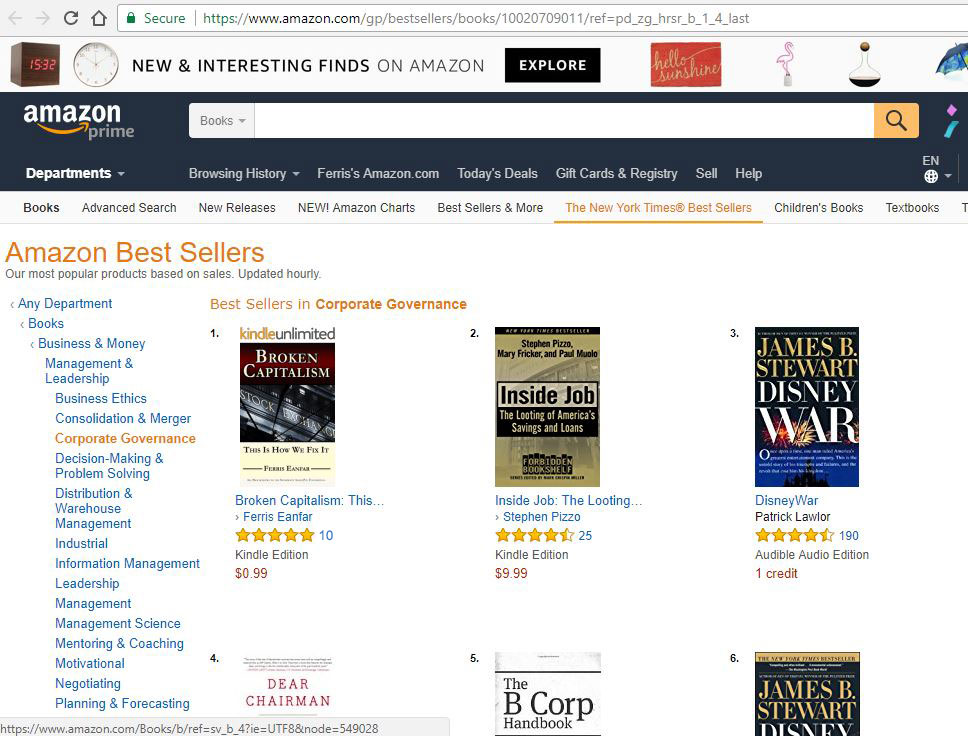All Systems Have Bias. Every system created anywhere in the universe is vulnerable to various forms of conscious and unconscious bias. The philosophical reasons for this are beyond the intended scope of this article, but suffice it to say that creating a “pure, unbiased system” is an impossible and illogical goal. However, thoughtful, sincere and fair-minded humans can consciously design their systems in good faith to be “non-biased.” The difference between “unbiased” and “non-biased” systems is similar to the difference between “un-profit(able)” and “non-profit” organizations. When you add “un-” to the beginning of “profit” the result is an “unprofitable” company, which is not very useful to society. However, adding “non-” to the beginning of “profit” results in a “non-profit” company, which can often be very useful to society.
Non-Biased vs. Un-Biased. “Non-profit” means that a company’s essential purpose is not intended to generate profits, and any profit generated is purely incidental to the purpose of a non-profit company. Similarly, “non-biased” means that a system’s essential purpose is not intended to contain any bias, and any bias it may contain is purely incidental to the purpose of the system. This is a very important concept to understand because this distinction can often be the only practical way to accurately evaluate the intentions, behaviors, and performance of organizations and the people and systems within those organizations. This is especially important when those systems are deployed for the benefit of the general public and the welfare of a society.
Will the System Treat Me Fairly? When we ask whether a person, system, or organization has a conscious or unconscious bias, what we usually want to know is how fairly will we be treated if we interact with that person, system, or organization. If we don’t think we will be treated fairly, then our trust in the person, system, or organization is diminished and we’ll be less likely to use the system or cooperate with the people and organizations on the “other side.” Understanding this dynamic also helps us more clearly understand the conscious or unconscious source of the distrust between Conservatives and Liberals and between the dominant political parties today.
The Source of Partisan Distrust. In today’s toxic U.S. political environment, neither side of the ideological wall can really trust that the “other side” will treat them fairly. This distrust is significantly magnified and exploited by the media. As humans susceptible to various emotions and insecurities, when we experience this lack of trust, we perceive the “other side” as being too “biased” (a.k.a. too partisan) to work with us. That perception of bias and lack of trust is what paralyzes the political process and kills any hope of real bipartisan progress.
Hidden Bias vs. Conscious Differentiation. A system can’t be all things to all people. Differentiation is essential at every level of the universe, including the differentiation between living cells, differentiation between celestial bodies, differentiation between atoms, molecules, animal species, nations, products, services, colors, light and darkness, and on and on. Our existence is governed by differentiation because life and the universe cannot exist without differentiation. So is it accurate to say, “You’re biased because you think people see better when the lights are on!”? No, of course not, because preferring light over darkness is a rational choice based on a reasonable observation that most activities are more difficult to accomplish in darkness.
Transparent and Legitimate Differentiation. Organizations may try to conceal their bias in many ways, but there is a big difference between pretending a bias does not exist and transparently acknowledging and requiring a certain kind of differentiation to increase the value, quality, security, or viability of a particular system. The criteria for differentiation in any system should be transparent and should logically follow from a legitimate, reasonable, and legally justifiable goal for the system overall. If this is the case, then an organization can legitimately place greater emphasis on one factor over another to achieve a level of differentiation for the system that is more valuable to society than it would be without the differentiation.
Refuting False and Unsubstantiated Accusations of Bias. While developing nonpartisan political systems, candidate selection procedures, technical processes, guiding philosophical principles, and communications with various stakeholders, my explicit and conscious intention is to be nonpartisan and non-biased in every way. However, our Platform actively differentiates between political candidates with proven organizational leadership experience and candidates who lack this crucial type of leadership experience. This is not “bias” in the negative sense; it is simply a consciously chosen design feature that differentiates our Platform from the toxic political parties that exist in the U.S. today.
Central Committees Are Bias Breeding Grounds. In our Platform, eligible citizens are never arbitrarily excluded by any kind of central committee. However, empowering all eligible voters with the tools to quickly identify candidates with proven, substantial leadership experience is a valuable feature of our Platform. Although this is not a “bias” in the negative sense, I’m sure some partisan political operatives will try to say things like, “You’re biased toward fat cat corporate executives!” Of course, this is nonsense and my books dive much deeper into how to substantially eliminate deliberate negative bias from any electoral system, which is one of the most important features of our nonpartisan Platform.
True Democracy is Non-Biased, not Un-Biased. We should never support any political party or group within a society who injects conscious bias into their propaganda and abuses their political power for personal gain. Our Platform’s explicit spirit and mission is to empower citizen leaders from all walks of life with the tools and resources necessary to compete effectively against the two-party duopoly that dominates the American political system today. This is a marathon, not a sprint, but the goal is worthy of our time and resources. In the meantime, it should be clear from the structure and language used throughout this website (including the Values Bank) and throughout my books (to be published when I have more time to focus on them), that there is no conscious bias in our nonpartisan Platform that would thwart our goal of restoring trust in American Democracy.
About Ferris Eanfar
Ferris Eanfar has over 20 years of experience in technical, financial, media, and government intelligence environments. He has written dozens of articles and several books in the fields of Economics, Crypto-Economics, and International Political Economy, including Broken Capitalism: This Is How We Fix It and GINI: Capitalism, Cryptocurrencies & the Battle for Human Rights and the Global Governance Scorecard. Ferris is a cofounder of the Gini Foundation, which builds unique cryptocurrency systems to protect human rights, among other benefits; and the CEO of the AngelPay Foundation, a nonprofit financial services company with a mission to “return wealth and power to the creators of value.” To learn more about Ferris, please visit the About Ferris page.Visit Ferris on:

 Gini Website Coming Soon. We (
Gini Website Coming Soon. We (
